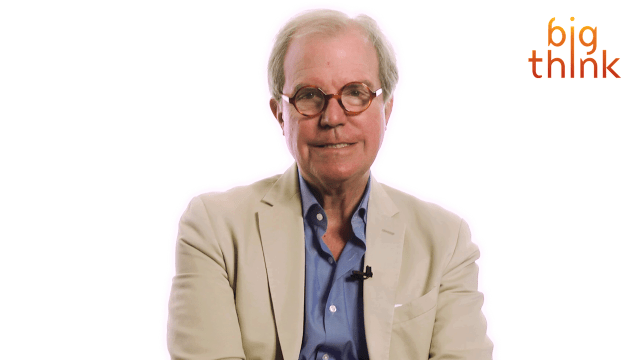Having Higher Social Status Makes You Healthier

Occupying a place of higher social status keeps you healthier and more resistant to disease, even without the trappings of wealth and power which we normally associate with status.
For people living in industrialized societies, it may be difficult to divorce the idea of status from material wealth and coercive authority. But status that is unencumbered by complex hierarchy and material inequality does exist, say anthropologists.
To examine this benign status, and the effects it has on people, a team of observers travelled to the Amazon jungle to note the behavior of the Tsimane forager-horticulturalists, “a small, preindustrial, politically egalitarian society in which status confers no formal privileges (such as coercive authority).”
The anthropologists identified who had status and who didn’t, i.e. who was consulted first on matters of tribal importance and whose opinions were naturally more influential. Then the tribesmen received medical exams and gave urine samples.
“As our society debates the effects of wealth inequality, the Tsimane help us understand why we care so deeply about relative social position — and why our health depends on it.”
Tsimane men lacking authority showed higher levels of cortisol, a stress hormone associated with medical conditions like hypertension and heart disease. Men on the lower rungs of society also had weaker immune systems, making them more susceptible to respiratory infections.
York University epidemiologist Kate Pickett explains how no matter what society we live in, humans are extremely sensitive to our social relationships, and those relationships determine our status:
When it comes to industrialized societies, the anthropologists who performed the Tismane study say that we compare ourselves to people in our same social network. We may envy the status of someone making slightly more money than us rather than a millionaire or billionaire.
Our modern concern over rising wealth inequality likely comes from a time when we felt status relationships in a more primal, ingrained way, much like the Tismane.
Read more at the New York Times





